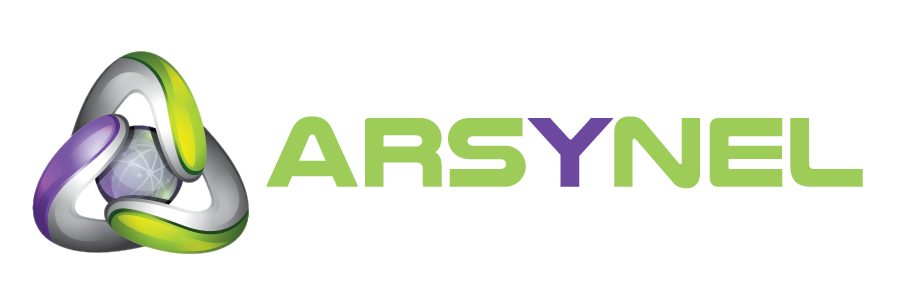Buying a car is exciting - but let’s be honest, it can also be confusing. Between financing, add-ons, and insurance, it’s easy to feel like you are signing up for more than you expected.
That’s why James Assali, a business leader with multiple companies in California, wants to clear up a few things. If you are planning to buy a car, don’t just focus on the monthly payment. Understanding automotive finance and insurance can save you thousands down the line.
Let’s break it in simple terms.
What Is Automotive Finance and Insurance, Really?
Automotive finance and insurance (F&I) is everything that happens after you say, “I’ll take it.” It’s the part where the dealership arranges a loan, sells extended warranties, or offers things like gap coverage.
FIMAC, a company that works with auto dealerships nationwide, specializes in helping them offer better F&I options - ones that actually make sense for customers.
1. Don’t Just Look at the Monthly Payment
This is the biggest trap.
A dealer might stretch your loan to 72 or even 84 months just to make that monthly number look good. But over time, you’ll pay way more in interest.
Instead:
- Focus on the total amount you’ll repay.
- Ask for shorter loan terms when possible.
- Compare interest rates before you step into the showroom.
2. Know What’s Optional (and What’s Not)
In the F&I office, you might be offered:
- Extended warranties
- Tire and wheel protection
- GAP insurance
- Key replacement plans
James Assali says: Not all of these are bad, but not all of them are necessary either. You don’t have to say yes just because it’s presented like a must-have.
Quick tip: Ask if the product is required to secure the loan. (Spoiler: Most aren’t.)
3. Credit Score = Power
Your credit score affects:
- Your loan approval
- Your interest rate
- Your down payment options
If your score isn’t great, it doesn’t mean you’re stuck. But you’ll want to:
- Shop around for lenders.
- Ask the dealer if they are connected with FIMAC partners. You could find easier terms or better rates.
- Consider co-signers or larger down payments to lower your interest rate.
4. Watch Out for Add-On Overload
Dealerships can make more money on F&I than the actual car. That’s why the sales pitch can be so intense.
James Assali recommends:
- Taking a photo of the contract.
- Asking to review it overnight if you feel pressured.
- Comparing dealership products with outside providers (like insurance companies or credit unions).
What About Insurance?
You can’t drive off the lot without it, but there are a few important points to know.
Bundle smart: Sometimes it’s affordable to combine your auto insurance with renters or homeowners policies.
Ask about usage-based plans: These track your driving (like with an app) and can lower your premium.
Don’t skip GAP insurance if you’re putting little money down or buying a car that loses value quickly. It could save you a lot in case of an accident.
5. FIMAC’s Role in Making It Easier
Helps dealerships streamline how they offer automotive finance and insurance, so the customer experience isn’t pushy or confusing.
James Assali appreciates FIMAC’s focus on customer-first processes. It’s not about loading you up with junk - it’s about offering real value, explained in plain terms.
6. Ask These Questions Before You Sign Anything
Make sure you get clear answers to:
- What is the total cost of this loan over time?
- Are any of these extras required?
- Can I buy these protection plans later if I change my mind?
- Can I see a breakdown of interest vs. principal in the payment?
7. Why It Matters to Think Long-Term
Buying a car is more than a one-time transaction. It affects your:
- Monthly budget
- Credit health
- Emergency savings
And if you decide to sell or trade in? The loan structure and extra costs can affect your resale options.
James Assali points out that smart F&I decisions now lead to fewer regrets later.
Long-Tail Questions Customers Often Ask
- “Can I get automotive finance and insurance from my credit union instead of the dealer?”
- “What happens if I want to refinance later?”
- “Do I need all these ‘protection’ packages?”
These questions are exactly why it’s worth slowing down and asking more before you buy.
Final Tip: Treat It Like You’re Buying Two Products
Think of it this way:
- You’re buying a car.
- You’re also buying a loan and protection plan.
So, treat them separately. Shop for the best deal on both. That mindset alone can save you thousands.
James Assali’s Bottom Line
James Assali, a business leader with multiple companies in California, wants car buyers to feel empowered - not confused - when they walk into a dealership.
You don’t need to memorize loan formulas or study insurance manuals. But you do need to know what questions to ask, when to push back, and where to look for better options.
Ready to Buy Smarter?
If you’re planning a car purchase this year, take five minutes to explore FIMAC’s resources. They make the confusing stuff easier, and their dealership tools are built for real-world customers like you.





